With the current global macroeconomic downturn and changing priorities of international donors, Civil Society Organisations (CSOs) in West Africa have been advised to explore indigenous sources for financing community development projects in the region.
The CSOs were also advised to see the need to collaborate when such is necessary to achieve more impacts on development projects rather than working in silos.
Regional Director of Ford Foundation West Africa, Dr Chichi Aniagolu-Okoye, who advocated the option of “community philanthropy,” stated that with the emerging realities, it has become imperative that local nongovernmental organisations (NGOs) should begin to think outside the box for strategic alternative local sources of funding.
READ ALSO: CSOs Seek Concerted Efforts To Restore Civic Engagements Amid Political Crises In W’Africa
Challenges of poverty, poor economy, lack of education and lack of good governance have continued to plague the continent, leading to reliance on civil society and other international and local agencies to “bridge the gap” in development works.
Dr Aniagolu-Okoye had in her address at the opening of the West Africa Civil Society Week (WACSW) 2023 held in Lagos, last week, pointed out that civil society groups are currently struggling with dwindling financial resources as “donor countries are experiencing a fatigue from not seeing the kind of results that they’re expecting after decades of support to the region.”
Local philanthropy is a model that focuses on sourcing funds through charitable means for development projects locally, thereby encouraging civic participation and self-reliance.
Speaking at a panel session titled “Changing donor priorities and shrinking civic space in West Africa: Implications for regional emergencies,” Mr Dabesaki Mac-ikemenjima, Senior Programme Officer, Ford Foundation said that when priorities of donors shift, it has implications on so many activities of organisations on their downline.
Dabesaki, who also echoed the need for collaboration, stated that donor agencies and organisations that require funds usually operate within a regulatory framework that determines how funds are accessed and utilized for development works.
The social change advocate noted that leadership changes in donor organisations and economic changes equally have implications on their changing donor priorities and how they respond to organisations that require financial aid.
Such development, he noted could affect their policy vision in the areas of human rights, promoting inclusion (including people with disabilities), and gender issues among others.
“The implications of all these could be that there may be cases when organisations would want to shift from certain policies because resources are not just enough.” When such happens, he stated, people lose jobs.
He explained that there are different kinds of funders such as bilateral and multilateral institutions. Bilateral donors are government organisations that give direct assistance to recipient countries, while multilateral donors are international organisations like the African Development Bank (AfDB) · Andean Development Corporation (CAF), Asian Development Bank (ADB), and European Bank for Reconstruction and Development, among others.
Talking about the sustainability of organisations in the event that the priorities of donor agencies change, Dabesaki urged CSOs to set long-term fundraising plans and strengthen their resource base. He also hinted at having an endowment fund.
“Organisation should be thinking about how to build resilience and strengthen their financial resource base,” he stated.
On what Ford Foundation is doing in response to supporting local NGOs, he said the Foundation recognizes the principle of “responsible exit” for organisations attached to it and therefore has ways of assisting them with funds to invest in things that can help them generate income when they are finally on their own and be able to stand.
On his part, Mr Rotimi Olawale, Executive Director, YouthHub Africa, Nigeria, harped on the need for donor agencies to be giving local CSOs multi-year grants.
Speaking on the issue of capacity building of volunteers in CSOs, Olawale called on International NGOs to create opportunities for experimentation of projects.
Executive Director, Centre for Legislative Advocacy Centre (CISLAC), Mr Auwal Ibrahim Musa Rafsanjani, said there are situations where INGO donors engage directly with governments of countries ignoring the CSOs in their donations for critical development projects while talking about a situation. He said donors should understand that without national or local CSOs, governments can’t be accountable, hence the need for them to support their work and improve their capacity to continue with what they are doing.
Rafsanjani also urged donors to directly engage with reputable local NGOs to encourage their work.
Reacting to some of the issues raised by some of the panelists, Dr Aniagolu-Okoye said that Ford Foundation has different flexible funding opportunities offered to grantees such as the Building Institutions and Networks (BUILD) grants.
Ms. Tsema Ede, Project Lead, Fund for Human Rights, Nigeria, while also emphasizing the need for cross-border collaboration in carrying out projects, said citizens need to be at the centre of every development initiative.
Ms Ede pointed out an area that African CSOs need to focus on which is Artificial Intelligence regulations with regard to its use in photo/video manipulation and propagation of fake news.
Victor Ezeja is a passionate journalist with six years of experience writing on economy, politics and energy. He holds a Masters degree in Mass Communication.

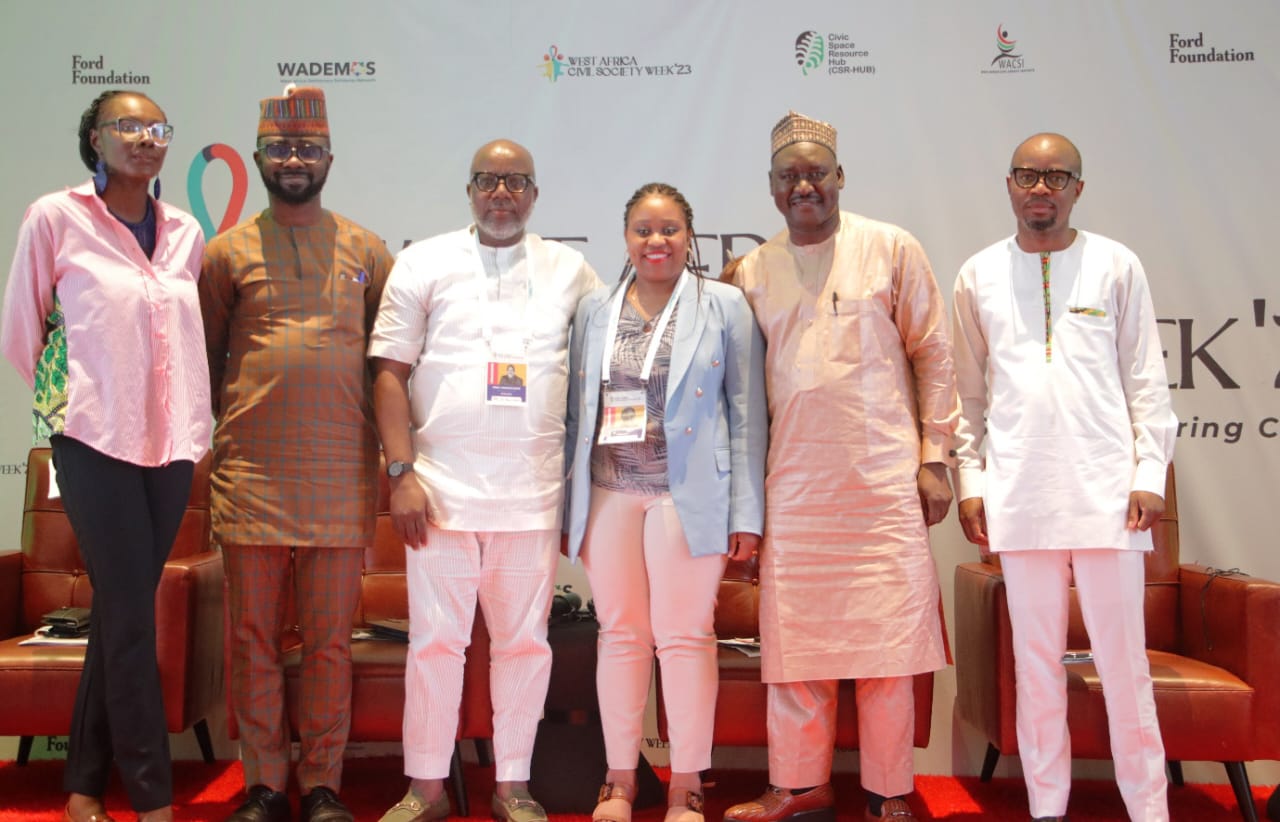



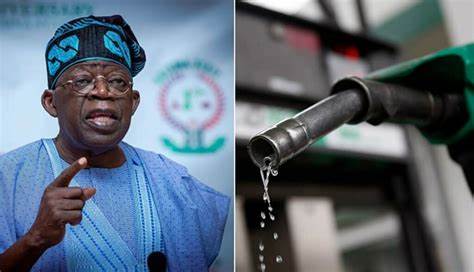
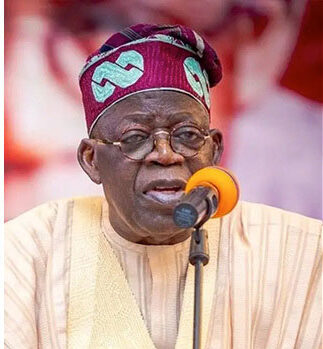
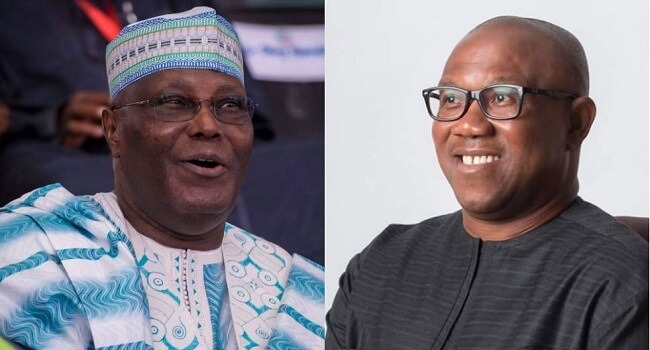



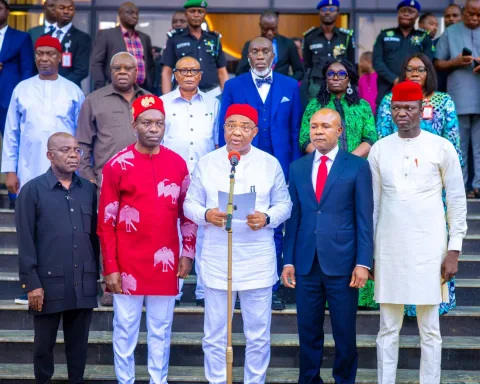






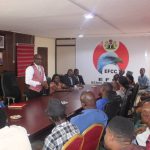
Follow Us